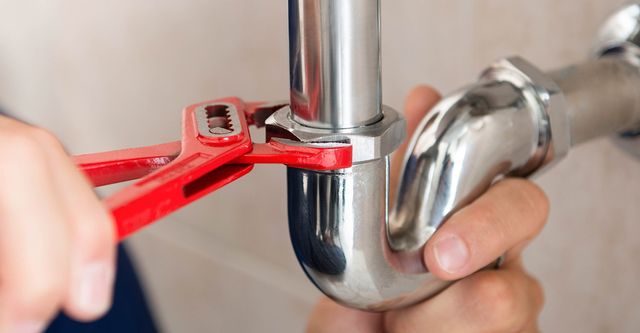Plumbing refers to the system of pipes, fixtures, and other apparatuses used for supplying and distributing water in a building or for removing waste materials. Plumbing plays a crucial role in providing clean water for various purposes, such as drinking, cooking, bathing, and sanitation.
Why do you need a plumber?
Plumbers are skilled professionals who are trained to handle various aspects of plumbing systems. Here are some reasons why you might need Lynbrook plumber:
- Installation. When you need to install new plumbing fixtures, such as sinks, toilets, showers, or water heaters, a plumber can ensure proper installation, including connecting the necessary pipes, valves, and fittings.
- Repairs. If you have a leaky faucet, a burst pipe, a clogged drain, or any other plumbing issue, a plumber can diagnose the problem and make the necessary repairs.
- Maintenance. Regular maintenance of your plumbing system can help prevent future issues and ensure its efficient operation. Plumbers can perform inspections, clean drains, flush water heaters, and provide maintenance services to keep your plumbing system in good condition.
- Upgrades and renovations. If you are remodeling your kitchen or bathroom or making any other changes that involve plumbing, a plumber can help with rerouting pipes, installing new fixtures, and ensuring everything is properly connected.
- Water heater services. Plumbers can handle water heater installation, repairs, and maintenance.
- Sewer and drain cleaning: Plumbers have specialized tools to clear clogged drains and sewer lines.
Plumbers are essential for maintaining and repairing the plumbing systems in residential, commercial, and industrial buildings.

Types of plumbing needs
Several types of plumbing needs may require the assistance of a plumber. Here are some common categories:
- Residential plumbing. It involves the plumbing needs of homes, apartments, and other residential buildings. It includes installation, repair, and maintenance of plumbing fixtures, pipes, drains, water heaters, and sewage systems within residential properties.
- Commercial plumbing. Commercial plumbing focuses on the plumbing needs of businesses, offices, retail stores, restaurants, and other commercial establishments. It often involves more complex systems, large-scale installations, and specialized plumbing requirements for commercial facilities.
- Industrial plumbing. Industrial plumbing is associated with factories, manufacturing plants, warehouses, and industrial facilities. It deals with specific plumbing requirements, such as handling industrial waste, managing large water supply systems, and installing specialized equipment for industrial processes.
- New construction plumbing. It involves plumbing installations for newly constructed buildings or homes. Plumbers work closely with architects and contractors to design and install plumbing systems that meet building codes and suit the needs of the structure.
- Renovation and remodeling plumbing. When renovating or remodeling a building, plumbing modifications may be necessary. Plumbers play a vital role in rerouting pipes, installing new fixtures, and ensuring that the plumbing system integrates smoothly with the updated design.
- Emergency plumbing. Plumbing emergencies can occur at any time, such as burst pipes, severe leaks, or overflowing toilets. Emergency plumbers are available 24/7 to handle urgent situations and prevent further damage to the property.
- Drainage and sewer services. Plumbers also provide services related to drainage and sewer systems. It includes cleaning clogged drains, repairing or replacing sewer lines, and performing sewer inspections using specialized equipment.
Plumbers are trained to handle a wide range of plumbing tasks and can provide expertise and solutions specific to each situation.
